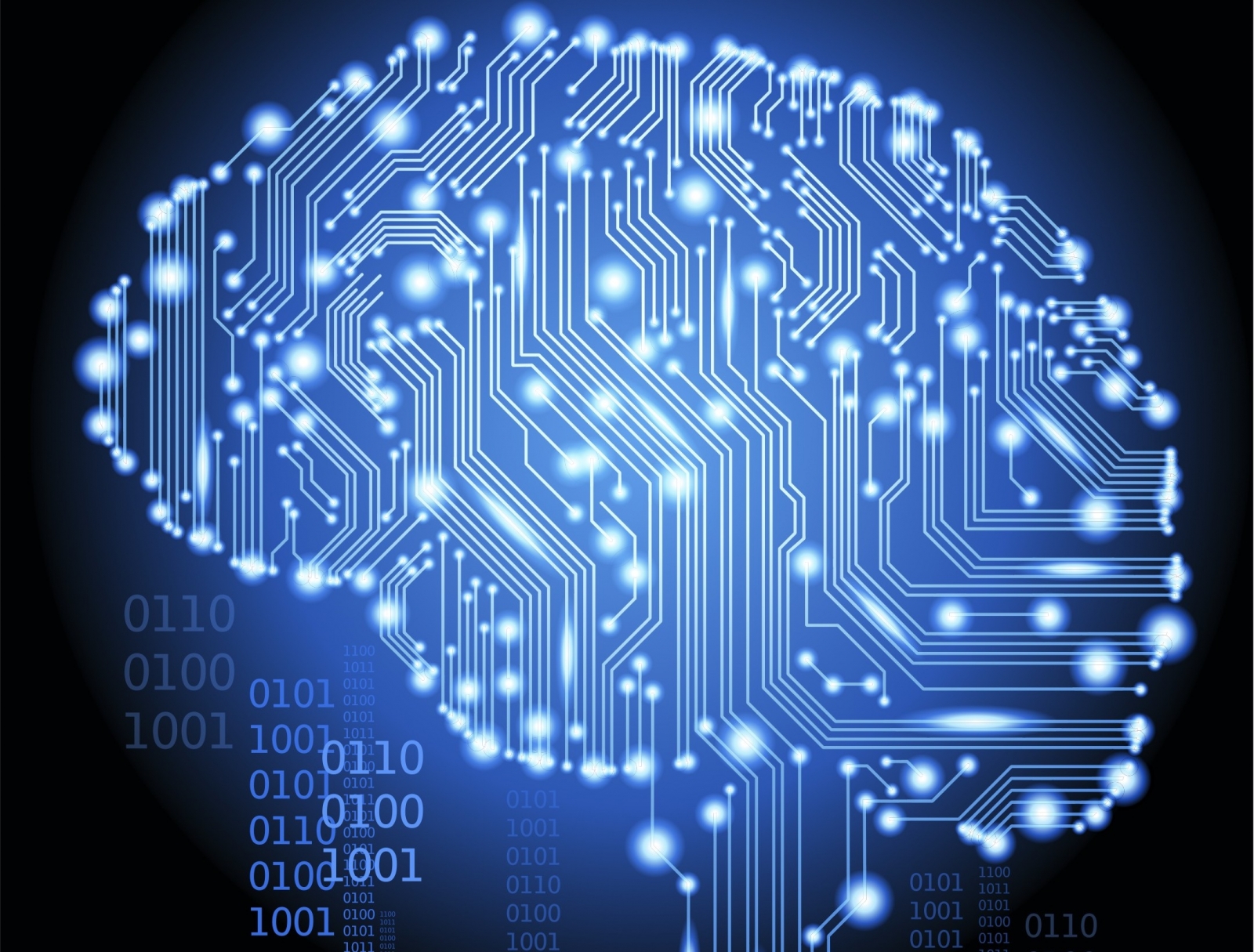B2B marketing executives say artificial intelligence is the future of marketing in next 5 years. But most of them still agree that it is an unknown technology and needs time to understand. B2B marketing executives believe that top challenge for AI will its integrations into the current technologies and systems.
AI can be mean lots of things, the ones we use many times a day, like Spotify, Siri, and self-driving cars. But then AI is really about automating the basic tasks that we humans do.
Let’s see below how AI aims into turning B2B marketing fruitful
- Data Sources
For marketing, the process depends on the data available. We spend a good amount of time and effort in cleansing the data to get a relevant and clear picture of our customers and prospect. Mostly, these data retrieved from websites, CRM, and marketing campaigns reflect the data given to you. The picture isn’t clear until you know how your customers react when they not interacting with you.
A lot can be learned from the data that can be taken from blogs, social media posts, behaviour, contact databases, news stories, etc. Here AI helps you paint a complete and detailed picture of your prospects or customers helping you in serving better.
- Account Targets
The old technique included selling of old accounts, whether is an old relationship or old target from previous sales company. Now marketers work with sales to target certain accounts they both want to target.
The marketing team has diverse their approach – from analysing their current customers to even investing in account identification to identify ideal prospects. But with AI in the picture, they will get access to data and insights about the accounts that are more likely to purchase.
For example, AI identifies which companies are investing in the field relevant to your business or with which companies you share clients. This gives a perception and helps you prioritise the prospects with most potential.
- Personalization at best!
Artificial intelligence eliminates one of the biggest problems in B2B marketing i.e. spamming. It is probably the most AI-driven marketing.
Most of our inboxes are filled with promotional emails addressed to generically. Now, with AI, brands have been able to personalise the conversations for millions of buyers.
AI lets any brand understand their customer at any scale and helps them craft the message that resonates.
Implementing Artificial Intelligence
We are already using in our day-to-day life to some extent and its complete implementation can only mean to bring faster results. As you think of bringing AI in your marketing strategies and see its relevance, you should first consider these questions;
- How good is your data in the area you want to implement artificial intelligence?
This is important because the process will require lots of data for precise working. Like every step needs to be defined to be followed until the end. If the data has loopholes, the process will lag and won’t be able to pull out insights and patterns. So, you how good is your data in the area where you wish to implement AI.
- What technologies are you currently using?
Using AI will make you invest in few more technologies for upgradation. Before buying those technologies, first, see what technologies you already are working on. This will help you identify which other means you need to buy that works well with the current stack.
- Which business processes creates most waste?
Every company is different and function differently. You need to look within your company to know all the element in the marketing mix
Artificial intelligence can only be judged after measuring the better sales close rates, improved digital traffic/engagement, and convert more leads. It is here to stay and grow with our requirements.

